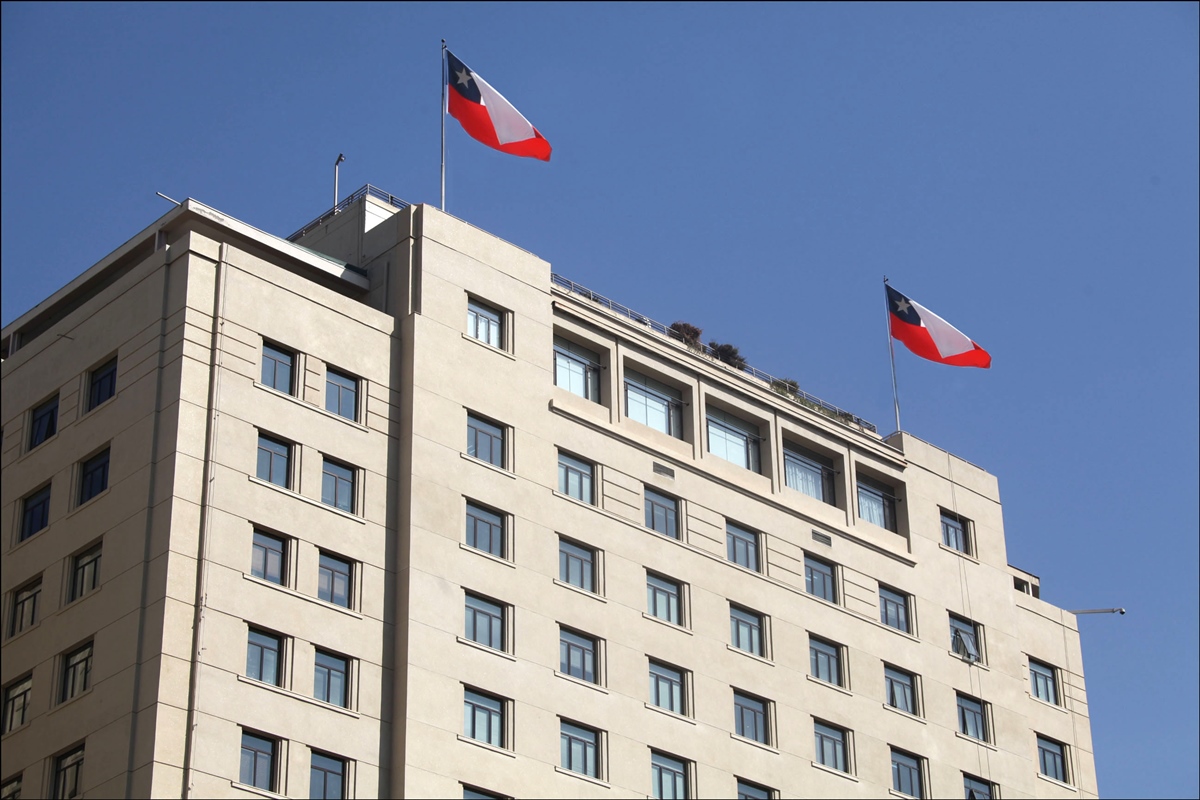Chile rejects Venezuela’s decision to revoke Brazil’s custody of the Argentine Embassy

The Chilean government rejected this Saturday that the administration of Nicolás Maduro will revoke the authorization he had granted to Brazilat the beginning of August, for represent the interests of the Argentine Embassy in Caracas.
“This represents a serious disregard for the provisions of the Vienna Convention on Diplomatic Relations of 1961 and the Vienna Convention on Consular Relations of 1963,” the foreign ministry said in a statement.
Finally, he expressed his solidarity with the governments of Argentina and Brazil for the situation they are currently facing.
Venezuela revoked Brazil’s authorization to guard the Argentine embassy
The government of Nicolás Maduro revoked this Saturday the authorization it had granted to Brazil, at the beginning of August, to represent the interests of the Argentine embassy in Caracas – which included guarding the premises of the southern country in Venezuela – due to the alleged planning of terrorist acts inside said premises, by asylum-seeking opponents.
According to a statement from the Executive, “Venezuela is forced to make this decision motivated by the evidence available on the use of the facilities of that diplomatic mission for planning terrorist activities and assassination attempts” against Nicolás Maduro Moros and Delcy Rodríguez.
The measure was announced following complaints made by opposition asylum seekers who, since Friday night, claimed that several police officers surrounded and besieged the residence of the Argentine Embassy in the Venezuelan capital.
What does it mean for Brazil to take over custody of the Argentine Embassy in Venezuela?
Since August, Brazil has been responsible for the custody of the diplomatic headquarters of Argentina and Peru in Venezuelaas well as the representation of their interests and citizens in the Caribbean country, following the expulsion of members of both delegations, after rejecting the proclamation of Maduro as the winner of the presidential elections on July 28.
The agreement between Brazil and Venezuela also implies that the former will take charge of the “custody” of the embassies of Argentina and Peru, as well as its assets and archives, after Nicolás Maduro expelled diplomats from those countries.
President Luiz Inácio Lula da Silva has not recognised either Maduro’s victory or that of opposition leader Edmundo González Urrutia, the latter backed by part of the international community, and has insisted on the publication of the electoral records.
“I think Maduro’s behavior is disappointing… As president, he should prove that he was the favorite of the Venezuelan people, but he is not doing so,” Lula said Friday in an interview with a local radio station.
Independent journalism needs the support of its readers to continue and ensure that uncomfortable news that they don’t want you to read remains within your reach. Today, with your support, we will continue working hard for censorship-free journalism!
